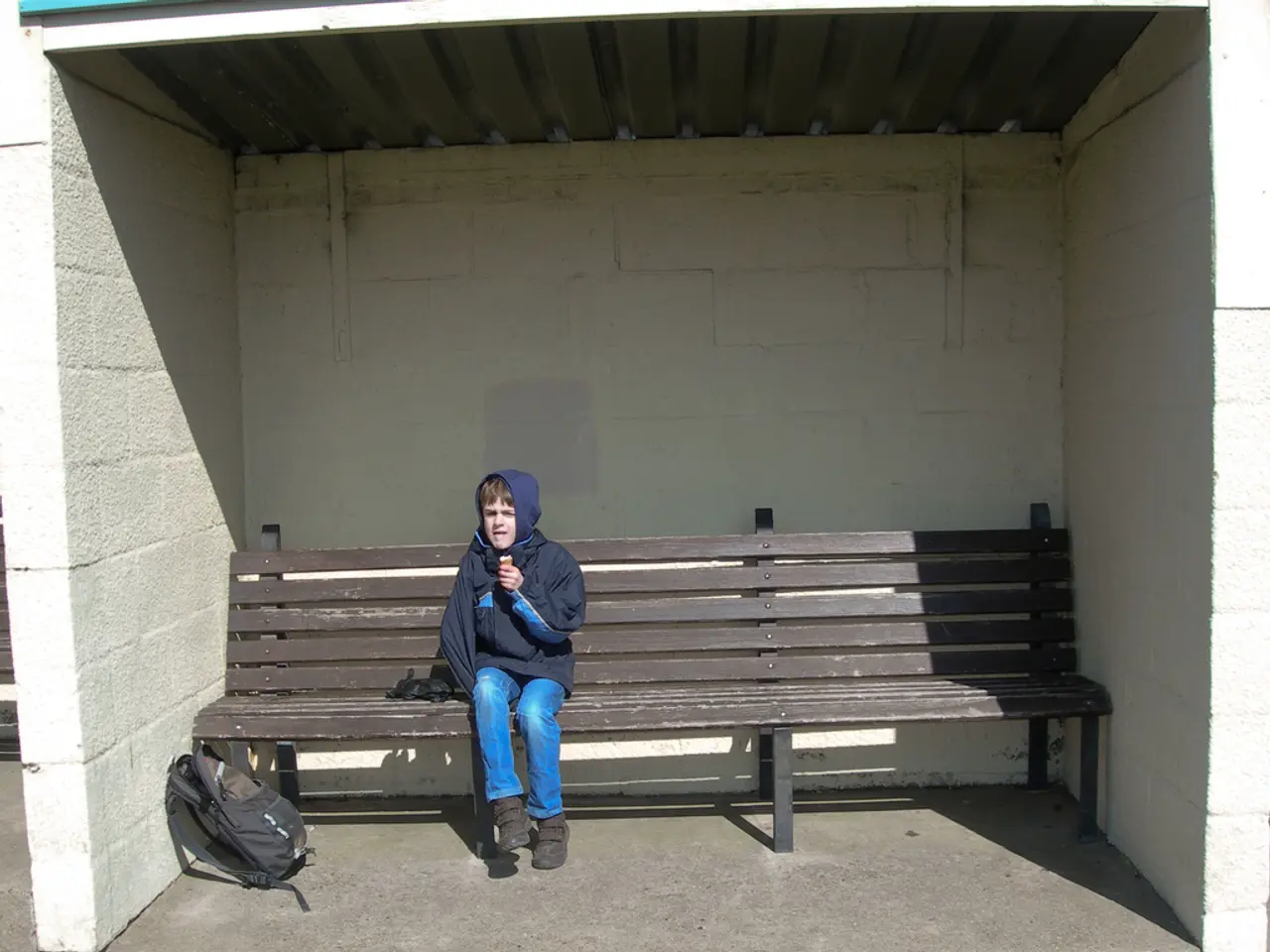Enforcement of novel bus safety and dining policies in schools across Abu Dhabi
In the 2024/2025 academic year, Abu Dhabi schools have implemented a new healthy food and safety policy approved by the Department of Education and Knowledge (ADEK). This comprehensive policy covers every stage of the school day, from home to school and back, with a strong focus on student safety, healthy eating, and sustainability.
The policy outlines six essential requirements for schools: healthy food, nutrition promotion, special dietary considerations, sustainability, compliance, and accountability. Schools are required to provide healthy food options, encourage sustainable eating practices, adhere to hygiene and food safety standards, apply safeguards during school events, and support students with food allergies or intolerances.
Unsafe foods containing allergens like nuts are banned from school premises. Institutions are also required to implement strategies for sustainable food services, such as offering plant-based meals, sourcing local products, reducing packaging, minimizing food waste, and promoting recycling and reusable alternatives.
Safety regulations for school buses have been established, outlining responsibilities for parents, students, drivers, supervisors, and school administrators. Students are expected to wake up early, prepare their school materials, and carry their bus ID card. Upon arrival at the bus stop, they should wait five minutes before pickup, in a safe area away from the road, and avoid playing or wandering off.
When the bus arrives, students must wait until it comes to a complete stop before boarding in an orderly manner, holding onto the handrail while climbing the steps. Once inside, they should sit immediately and fasten their seatbelts where available. During the trip, students are required to remain seated until the bus fully stops, maintain cleanliness and order, and refrain from making noise. Blocking aisles, leaning out of windows, or throwing objects inside or outside the bus is strictly prohibited.
At dismissal, students gather at designated pickup points, with drivers and supervisors assisting to ensure safe boarding and seating. Children under 11 may only cross the road under the supervisor's guidance, while older students must check for traffic in all directions before crossing. Each student should walk ten steps away from the bus after disembarking to remain visible to the driver, and must not return to the bus if they forget personal items.
Schools must maintain records of students with allergies, ensure food labels clearly highlight allergens, and request parents to immediately notify the school if their child develops an allergy. Students must follow the instructions of the driver and supervisor, and avoid tampering with bus equipment such as first aid kits, fire extinguishers, or emergency exits.
Schools failing to comply with these regulations will face legal accountability and penalties under ADEK's regulations, in addition to potential sanctions outlined in Federal Decree Law No. (31) of 2021 on crimes and penalties and other applicable legislation.
In addition, the policy prohibits external delivery services like Talabat from delivering food to the school during school hours. This measure aims to promote a healthier school environment and ensure the safety of students.
Throughout the school day, administrations maintain communication with parents, updating attendance records in coordination with bus supervisors and noting any behavioral concerns related to students or drivers. This open line of communication ensures that parents are kept informed and can support their children in adhering to the new policies.
In conclusion, the new healthy food and safety policy in Abu Dhabi schools is a significant step towards promoting a healthier, safer, and more sustainable school environment for students. By enforcing these regulations, schools are demonstrating their commitment to the well-being of their students and creating a positive learning atmosphere.
Read also:
- Understanding Hemorrhagic Gastroenteritis: Key Facts
- Stopping Osteoporosis Treatment: Timeline Considerations
- Tobacco industry's suggested changes on a legislative modification are disregarded by health journalists
- Expanded Community Health Involvement by CK Birla Hospitals, Jaipur, Maintained Through Consistent Outreach Programs Across Rajasthan







